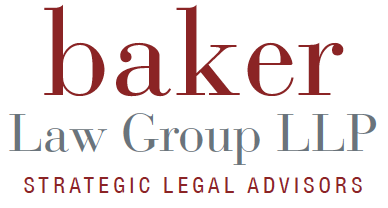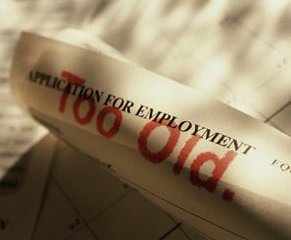Addressing Unpaid Time Off
 Happy New Year from Baker Law Group! As the holiday season comes to a close, you may be returning to work after your longest vacation of the year. Now is the perfect time to assess whether your employer is providing you with the paid time off and wages you are entitled to.
Happy New Year from Baker Law Group! As the holiday season comes to a close, you may be returning to work after your longest vacation of the year. Now is the perfect time to assess whether your employer is providing you with the paid time off and wages you are entitled to.
Vacation Pay Rules
Although employers are generally not required to offer paid time off (PTO), many do. However, the employer can place restrictions on when you use your PTO. If an employer refuses to allow you to take off the requested days, and you refuse to take off days that are available, the employer must compensate you for the time not used.
Additionally, California Labor Code section 227.3 provides that employers are not allowed to require employees to use or lose their PTO or unpaid vacation time. The employer can put a reasonable cap on the amount of vacation time that an employee may accrue. However, if a court finds that the implementation of a cap is simply to deny or make it more difficult for employees to use their accrued benefits the policy will be invalidated. Also, keep in mind that these benefits can be enhanced or limited by a collective bargaining agreement.
Sick Pay Rules
Sick time and sick pay are governed by a separate set of rules. Sick time is treated differently because unlike vacation time or PTO, sick time is not considered earned compensation because it is only to be used in the event that you become ill.
Another common question is whether an employee can simply deduct PTO or vacation leave for parts of the day. This is usually up to the specific agreement between the employer and employee, and it is best to consult your employee handbook to determine this information. Some employers provide PTO, vacation, or sick time in 1 hour increments, but require that employees use their time in 4 hour increments.
Obtaining Compensation
This type of compensation can amount to a lot of unpaid wages over the years. This is one reason why so many workers are not receiving the full amount of compensation they are entitled to.
Although most employers are not required to provide PTO, vacation or sick leave, some cities and municipalities throughout the country have modified this trend by requiring employers to provide a minimum amount of these benefits. One example is San Francisco, where an employer must provide employees with 1 hour of sick leave for every 30 hours worked.
California employment law attorney Michelle Baker has many years of experience handling wage and hour cases, including lawsuits for unpaid wages due to failure to provide proper breaks. To schedule your Free Consultation, contact us at (858) 452-0093 today.



